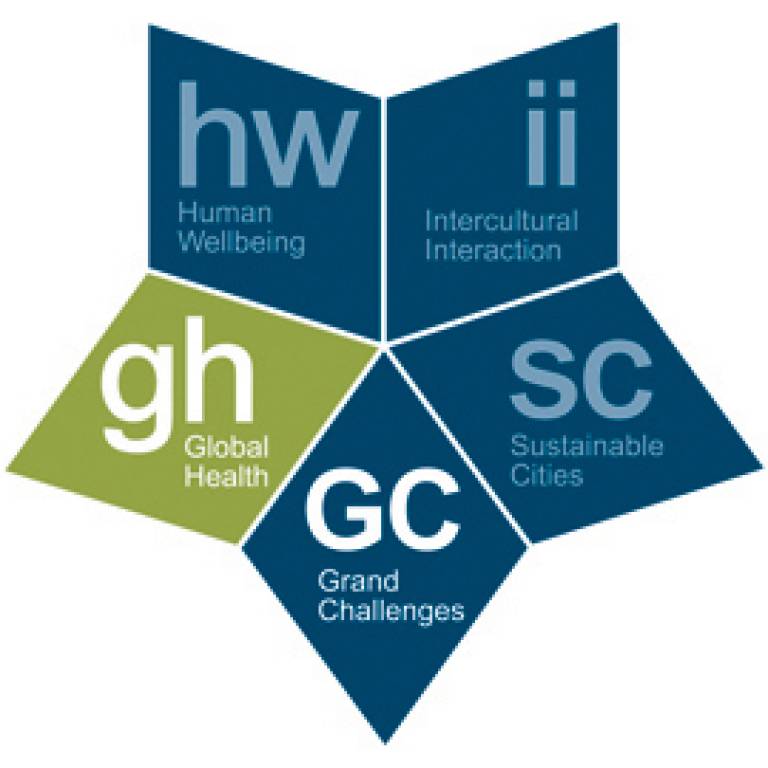UCL Global Health Symposium - Fatal Neglect: Forgotten issues in child health
16 June 2009
Links: 'Fatal Neglect' podcast
 ucl.ac.uk/global-health/" target="_self">UCL Institute for Global Health
ucl.ac.uk/global-health/" target="_self">UCL Institute for Global Health
The UCL Institute for Global Health's 10th Symposium, 'Fatal Neglect: Forgotten issues in child health' was held on 10 June 2009, in collaboration with Save the Children UK, Tearfund, 'The Lancet', Water Aid and World Vision.
Rhona MacDonald, Senior Editor at 'The Lancet', began by highlighting that there are 10 million child deaths every year and asked, "How is this acceptable?" Lack of access to clean water and improved sanitation is responsible for a large proportion of these child deaths, yet these key challenges continue to be neglected in the global health agenda, despite being included in Millennium Development Goals agreed by all the world's countries and leading development institutions.
She challenged the audience to take action in prioritising water, sanitation and hygiene interventions - where every $1 invested in water and sanitation generates a $8 return - emphasising that, in this issue, "Complacency is complicity."
Symposium panel member David Mepham (Director of Policy, Save the Children UK) felt that Save the Children hadn't focused on water, sanitation and hygiene interventions as much as it should, but in the next three to five years it is planning a focus on child survival which will include examining the economic, social and environmental determinants of health.
Mikael Ostergren (Department for Child & Adolescent Health & Development, World Health Organization) called for as much money to be spent on water, sanitation and hygiene as on HIV/AIDS, tuberculosis and malaria. Education, water, sanitation and hygiene are all important aspects of heath systems, so although the responsibility for these services falls outside ministries of health, he called for more integrated approaches.
Logan Brenzel (Senior Health Specialist, World Bank) highlighted that the World Bank had spent £7.2 billion on water, sanitation and hygiene projects, but they are mainly infrastructural and only 10% of this expenditure had explicit health objectives. However, the World Bank has a number of new projects with a strong focus on health, and now has a commitment for its water and health departments to work more closely together.
Pascale Hofmann (UCL Development Planning Unit) highlighted her unit's work on governance and access to water and sanitation. She questioned the definitions of access to water and improved sanitation, as they do not take into account distribution and reliability of the water supply. These types of interventions must be driven by community need, not top-down policy.
A lively discussion followed, including debate around how the health community can learn from the successful activism in the HIV/AIDS sector, what the health community can do about disability and access to water and improved sanitation, and how we should emphasise the benefits of improving water, sanitation and hygiene.
UCL Institute for Global Health symposia aim to engage the breadth of the UCL community and the public in key global-health issues.
To find out more use the links at the top of this article.
 Close
Close

